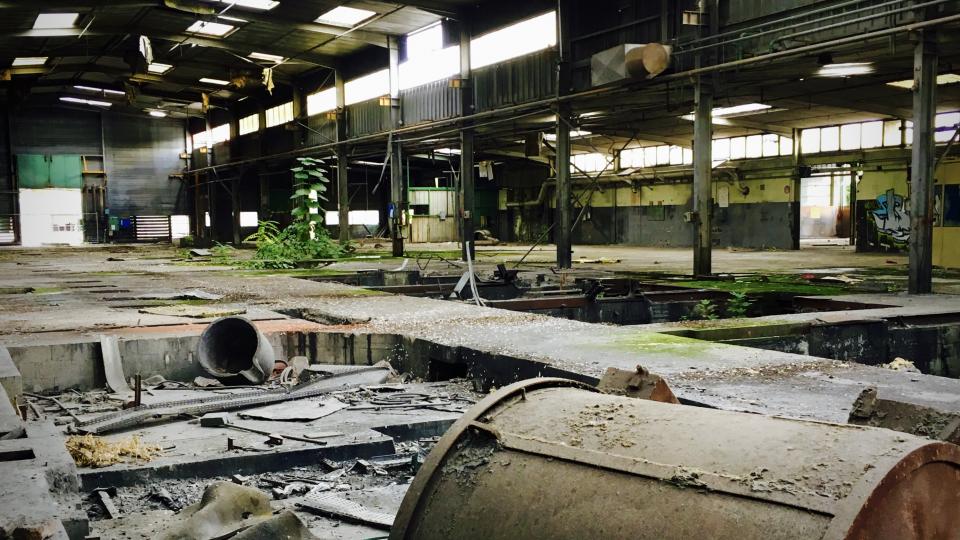Le fonds Ginkgo se renforce sur le filon peu exploité des friches contaminées
Le fonds Ginkgo se renforce sur le filon peu exploité des friches contaminées

While the operations launched under "Ginkgo Fund I" are still ongoing, Ginkgo is targeting 140 million for its second vehicle.
Six years after its first vehicle launched in 2010, the Ginkgo fund, named after the tree that grew back after Chernobyl, is in the process of raising a second one. By the end of September, 126 million will have been subscribed to meet the objectives of 140 million by the end of the year. The founding investors have put their money back into the pot and "have doubled their initial stake", underlines Bruno Farber, managing director of Ginkgo. The Caisse des Dépôts and the European Investment Bank (EIB) each invested 30 million euros, the Edmond de Rothschild Group 10 million, followed by about fifteen investors.
Specialised in financing the remediation and redevelopment of brownfield sites in urban areas, Ginkgo confirms its positioning in a niche market that is still little exploited. This second, more ambitious vehicle - the first was worth €81 million - is launched while none of the first's operations have been exited. Seven projects are underway in France and Belgium. These projects should see the emergence of 180,000 square metres of building rights in the heart of the conurbation, more than 2,000 housing units and 5,000 jobs.
European guarantee
The sector is risky in more ways than one. Construction sites over ten years, delays in obtaining permits, political stakes sometimes, and often additional costs... The EIB has launched the European guarantee of the Junker plan, which allows part of the losses to be covered in the event of failure. "The fact of having the European guarantee at first loss allows us to double our stake when we don't yet know if the operations in progress will be successful", explains Ambroise Fayolle, vice-president of the EIB, who is also present in another competing fund, Brownfields, which launched its second vehicle in 2014. It is because the sector, although risky, is buoyant. In the United States, a certain number of funds have specialised in brownfield remediation. This is not the case in France, nor in Europe, where the activity is embryonic and where local authorities have become more involved. "These operations have acute levels of technicality and complexity. A certain number of partners are needed to carry them out. I think that other funds will position themselves in this sector," says Ambroise Fayolle. The market is there. "We receive 40 to 50 applications a year," says Bruno Farber. Ginkgo must therefore accelerate its ambitions. This time, Ginkgo 2 must give birth to 350,000 square metres of new building rights, that is to say about 5,000 housing units and 8,500 jobs.
Marion Kindermans, Les Echos | http://www.lesechos.fr/pme-regions/actualite-pme/0211257992929-le-fonds-ginkgo-se-renforce-sur-le-filon-peu-exploite-des-friches-contaminees-2026454.php